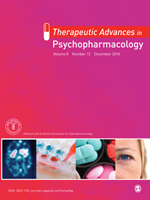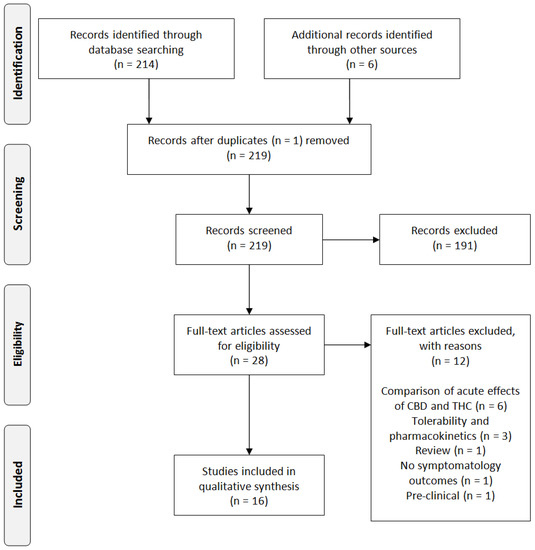 “Accumulating evidence implicates the endocannabinoid system in the pathophysiology of psychosis.
“Accumulating evidence implicates the endocannabinoid system in the pathophysiology of psychosis.
If the endocannabinoid system plays a role in psychosis pathophysiology, it raises the interesting possibility that pharmacological compounds that modulate this system may have therapeutic value.
Cannabidiol (CBD), a phytocannabinoid constituent of Cannabis sativa, has been heralded as one such potential treatment.
Cannabidiol (CBD), a non-intoxicating constituent of the cannabis plant, has emerged as a potential novel class of antipsychotic with a unique mechanism of action.
In this review, we set out the prospects of CBD as a potential novel treatment for psychotic disorders.
In sum, CBD currently represents a promising potential novel treatment for patients with psychosis.”

 “Accumulating evidence points towards the antipsychotic potential of
“Accumulating evidence points towards the antipsychotic potential of 

 “Cognitive impairment is a major source of disability in schizophrenia and current antipsychotic drugs (APDs) have minimal efficacy for this symptom domain.
“Cognitive impairment is a major source of disability in schizophrenia and current antipsychotic drugs (APDs) have minimal efficacy for this symptom domain. “The present findings reveal an imbalance in the expression and function of different elements of the endocannabinoid system in schizophrenia.
“The present findings reveal an imbalance in the expression and function of different elements of the endocannabinoid system in schizophrenia.

